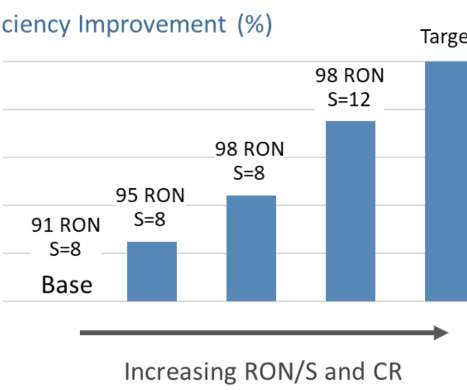Co-Optima releases capstone report on first 4 years of work
Green Car Congress
MARCH 27, 2020
This research involves identifying the fuel properties and engine parameters that mitigate knock and emissions, while maximizing boosted SI efficiency and performance. Co-Optima estimations indicate that significant fuel economy improvements are possible with improvements to RON, S, and HOV. Source: Co-Optima capstone report.













Let's personalize your content